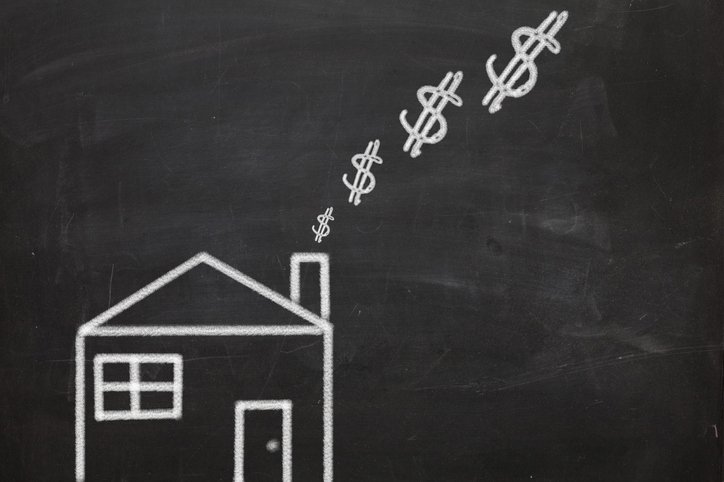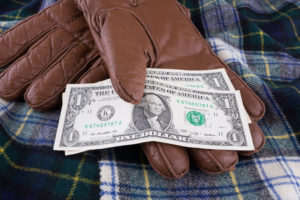In the winter, HVAC heating use naturally goes up to combat the colder weather. During the cooler parts of the year, HVAC energy loss can be an issue. Energy loss not only causes you to have to run your HVAC system longer to stay comfortable, it can also drive up energy costs. The financial costs and increased wear on your HVAC system are things you want to avoid. The following tips can increase your home’s energy efficiency this winter.
Three Tips to Reduce HVAC Energy Loss
Check for drafts. Drafts allow heat to escape from your home and let colder outside air in. Windows and doors are a common source for drafts and are responsible for roughly a quarter to a third of the heat loss homeowners experience every winter. Simple maintenance and replacing your aging doors and windows with newer, more energy-efficient models can address this common source of heat loss.
Improve insulation. Another common cause of heat loss is a lack of insulation in areas such as attics and crawl spaces. Adding insulation to these areas can greatly improve your home’s ability to retain heat.
Have a professional inspect your HVAC system. Common maintenance needs such as a dirty HVAC unit and clogged filters can reduce your ability to keep your home heated. A professional can perform any maintenance needs, do a proper cleaning, replace filters, and attend to any other issues that can reduce your HVAC system’s efficiency.
When You Need the Best to Prevent HVAC Energy Loss
When you need HVAC service and repair in Broken Arrow, you have many options to choose from. At Air Assurance, we set ourselves apart by offering not only top-of-the-line service but a commitment to your complete satisfaction. If you’re having trouble with HVAC energy loss, we can help. No matter if it's maintenance or repair, we can have your home ready for the winter. Contact us today to learn more and see how we can help you.




